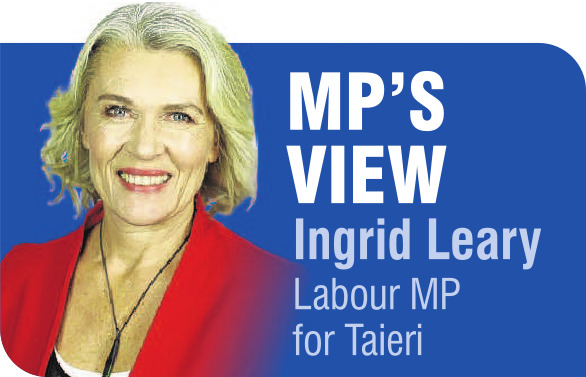
While the process of ensuring a state-of-the-art new hospital for Dunedin has had its challenges, I am always grateful to work with a Labour government that builds hospitals and prioritises the South.
The previous government did neither.
Another top priority for me is making sure that everyone in Otago and Southland has access to world-class healthcare.
Under Chris Hipkins’ leadership, our government is working hard to build up the country’s health system and we’ve just announced the next steps in our plan.
Since taking office in 2017, we’ve increased the per capita investment in our health system by 66%.
A big part of that extra investment has been increasing the pay of the health workforce to make sure it’s fair and competitive so that places like Dunedin have the frontline workers, including nurses, that we need.
When you add together the proposed pay equity increases and collective bargaining increases since we took office, a new graduate nurse’s starting salary has gone up by 40.7% and the salary for a registered nurse at the top of their scale has risen by 49.2%.
I’m incredibly proud of this record, but our work is not finished.
Recently, we announced further action to grow New Zealand’s nursing workforce by adding 830 additional clinical placements for nursing students.
We’re making it possible for 130 students to start their nursing studies in the second half of this year and a further 700 will be able to do so next year, increasing the number of nurses we train each year by around 10%.
This builds on the steps that we’ve already taken to recruit and retain more nurses such as changes to our immigration settings.
We’ve also made major investments to reduce wait lists and standardise access to healthcare, and this week we announced our plan to give around 3500 more New Zealanders access to cataract surgery.
For decades the old health system used a point system that had wildly differing thresholds for access to cataract surgery. That variation meant that people received different care depending on where in the country they lived.
Now thanks to the reforms, there will be a nationally consistent threshold to access surgery, opening up eligibility for thousands more surgeries.
This is a first in what we can expect to see across elective surgeries from now on — a joined-up health system working towards timely and consistent access to healthcare.












